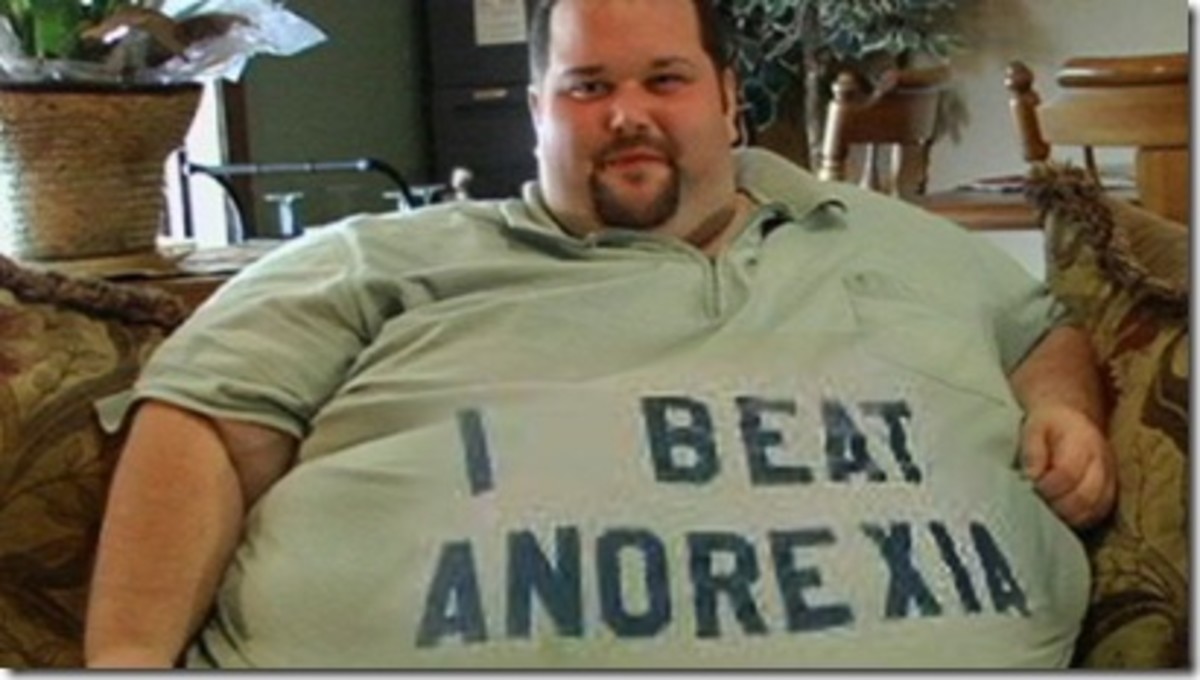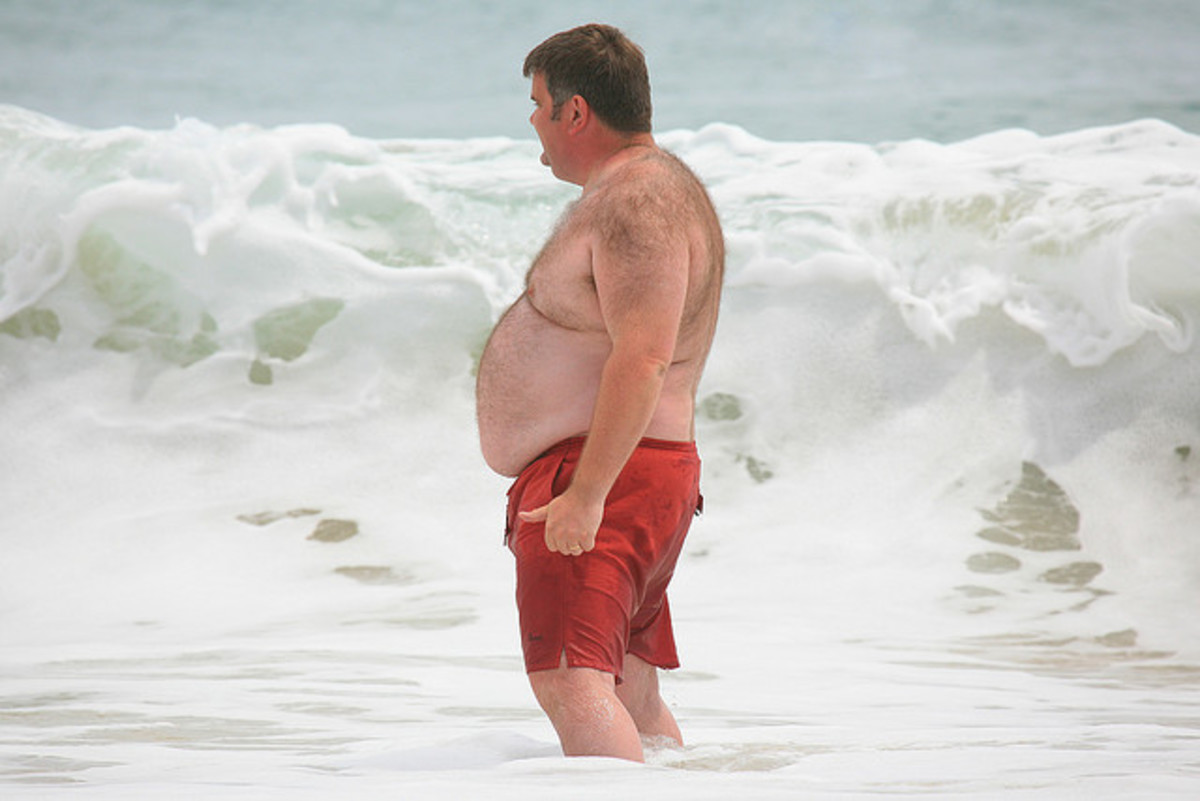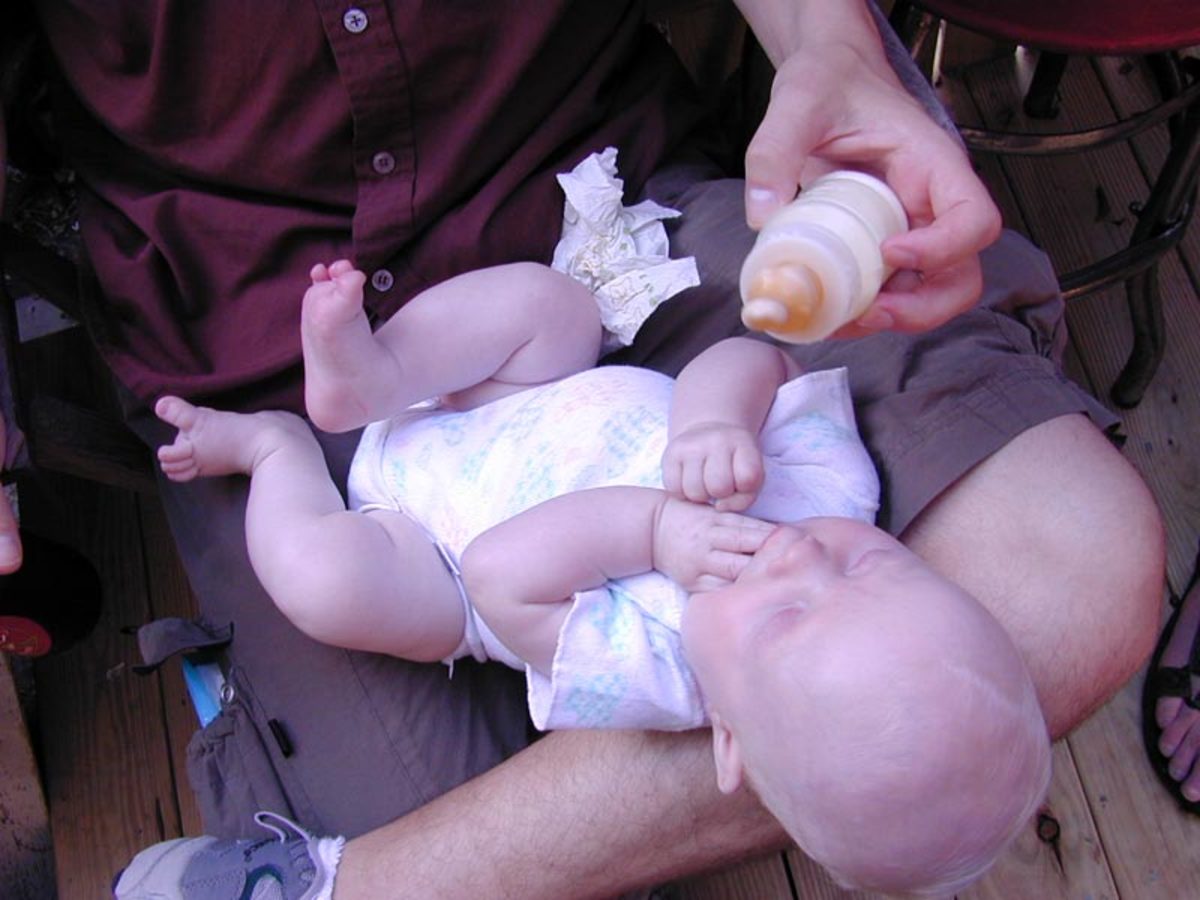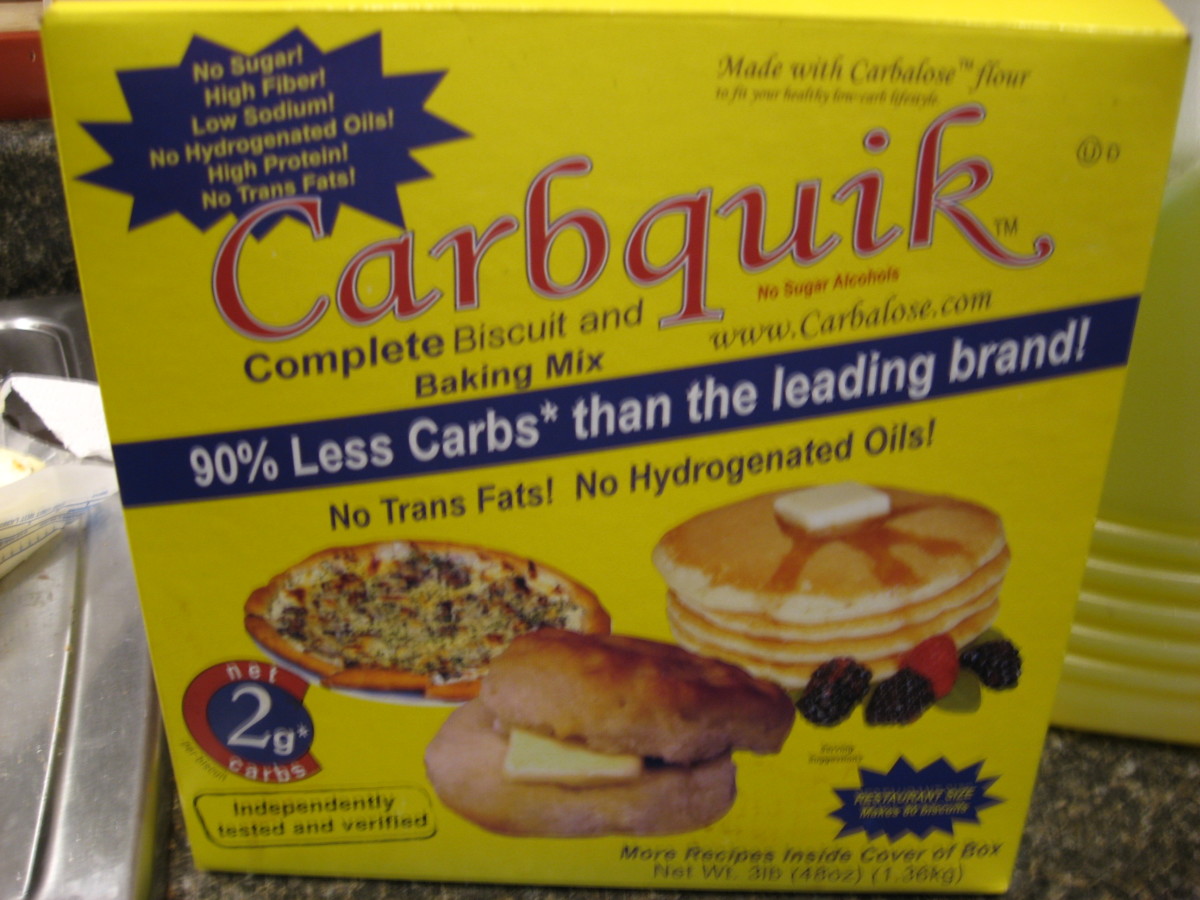Before cutting calories and changing your diet, try exercise!

There are two main enemies in the fight against obesity. So why is one culprit left out of the spotlight?
Obesity is always in the news. It's near-impossible to read through a newspaper without seeing an article on the huge rise in obese adults and children in the past decade. A significant proportion of people seem to think that this is because we eat more fried food and consume buckets full of calories.
We ate more calories in the rationing era, so why are we fatter now?
Whilst it is true that diets have become more unhealthy and unbalanced in recent years, this is not the only reason for increasing obesity levels. A primary culprit which should be publicised more is the fact that we are a lot less active than our parents and grandparents. During the Second World War in Britain, the general public had food and goods rationed. Throughout the period of rationing, men were allowed 3000 calories per day, and the majority consumed this much. Yet in recent years, men in the UK consume an average of 2605 calories per day. So why did we not have an obesity crisis in the 20th century when we consume less calories than in the 19th century?
The answer is straightforward. In these modern times we have become remarkably lazier and less active than ever before. With TVs and computers in the majority of homes, people are spending an increased amount of time on the sofa, hardly moving. Before screens were commonplace, a much larger proportion of people would go out on walks, bike rides, or anything relatively active. In 1975, the average person in the UK would walk 255 miles. In 2010, the average person walked just 179 miles. The activity levels in the population have been on a downward spiral trend since records began by the British Heart Foundation. While physical activity is reducing, obesity is rising; it's no coincidence.
Are you surprised to find that people ate more calories 60 years ago than we do now?
This is a problem in all of the richer countries, but dieting is the number 1 solution everywhere
Our diets have become much worse over time, coinciding with our worsening levels of activity. While we aren't consuming as many calories, we're consuming the wrong kind of calorie. For example, the 300 calories you will find in a slice of cake are not as good for you as the 300 calories you will find in a fruit salad. Our grandparents in the War would have had 3000 calories of lean meat, bread, pasta etc. while we eat 2600 calories of chocolate, red meat and processed foods. Our poor diets combined with our poor levels of exercise have resulted in a deadly combination, causing an, "obesity crisis" in the country. Diet and lack of exercise isn't just the reason for obesity in the UK, every MEDC (More Economically Developed Country) in the world has been seeing higher levels of obesity primarily due to the two factors of diet and low activity.
Both our diets and our lack of exercise are equally responsible for weight problems. However, it seems that our diets are taking more of the blame than our activity levels. If you go into the health section of any newspaper, you will see that the articles are predominantly on diet and the best ways to lose weight by changing how you eat. Of course, we should change the way we eat; our modern diets are scientifically proven to cause obesity and other ailments such as heart disease and cancer. But an equal amount of attention should be placed on our activity levels. Watching the news on the TV, there are reports on how children's school dinners are full of empty calories; yet there are very few reports recommending kids to get active. Dieting appears to be the go-to solution for losing weight and becoming healthier.
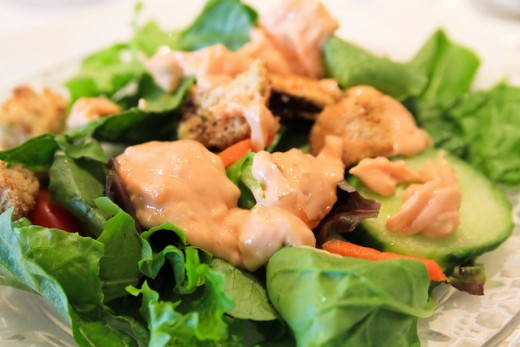
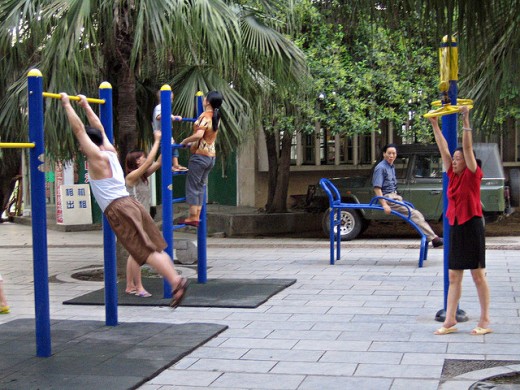
Exercise is just as essential as dieting
Dieting is more common than exercise because, quite frankly, it's easier to change your diet than to putting your body through physical pain. Sensibly dieting without exercise is likely to improve your BMI and make you healthier, but the optimal method of losing weight is a mixture between eating a balanced diet of protein, fruit and vegetables, starchy foods, dairy products, fats and sugars and combining this with exercise. The exercise does not need to be excessive, the National Health Service recommends roughly 20 minutes of relatively harsh exercise per day (running, cycling etc.) It seems to be the general consensus that dieting is better than exercise; but both are as important as each other and combining the two will result in an optimum effect in losing weight or maintaining a desirable body shape as well as making you healthier altogether.


